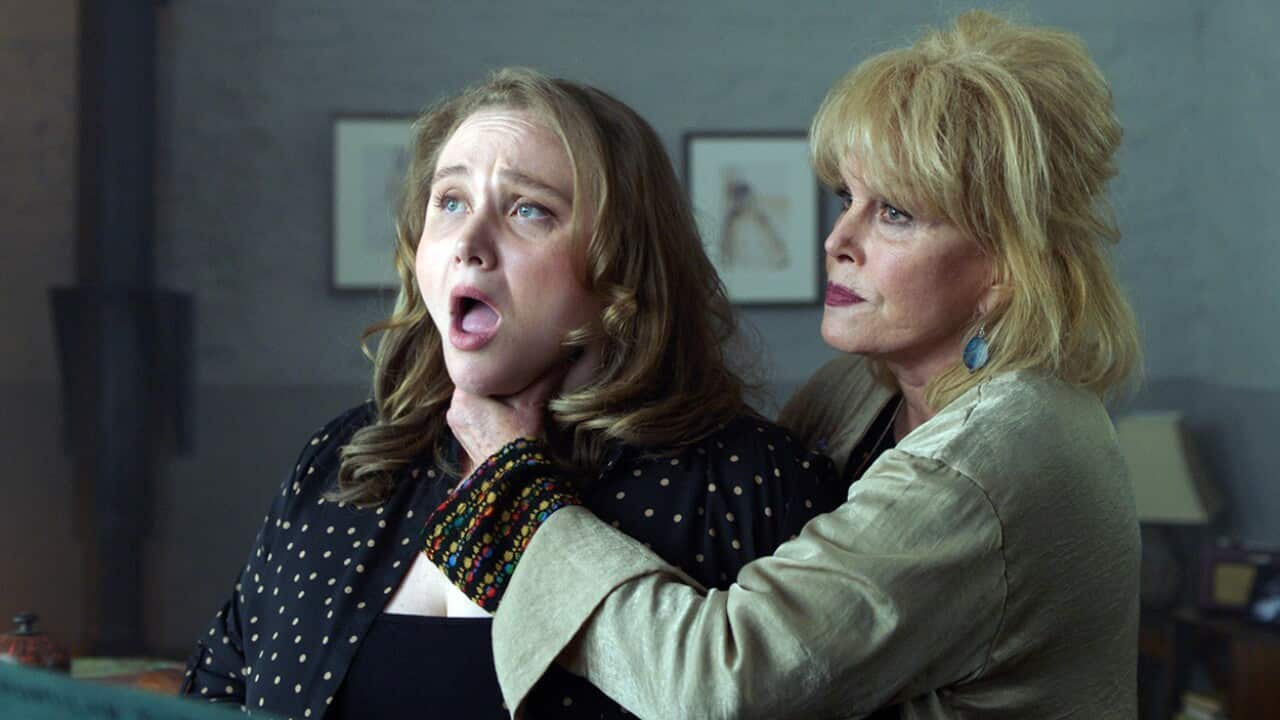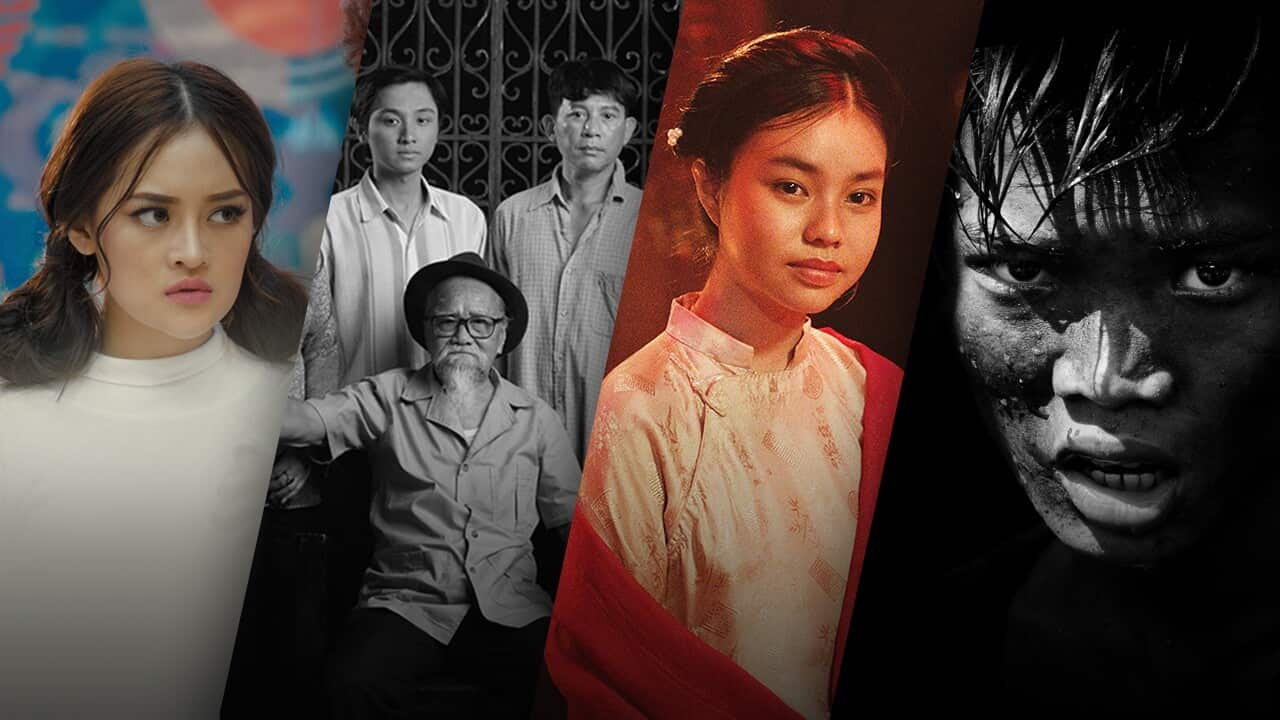Let’s get it straight. Irrfan Khan, the Indian star of and now the international hit , is not an old man. The handsome 47-year-old with a velveteen, deep voice just plays nobility well and is constantly cast as oldies, not only in Hollywood but at home. As if to de-emphasise the point, the tall, lean actor is today immaculately dressed in a black designer suit, a crisp white shirt, shiny long-toed black shoes, and with not a fleck of grey in his jet-black hair. Later, I would see him get into a limo with a clutch of designer bags as he headed for the airport.
The go-to actor for Indian and Pakistani roles in high profile international movies including Danny Boyle’s Oscar-winning and Angelina Jolie’s (where he played two of his many policemen) and Hollywood fare like and the upcoming Jurassic World, Khan surprisingly had almost given up on acting in the ‘90s because he was stuck in television soap operas on the Zee and Star Plus networks in South Asia. But then he made his international breakthrough in the near-dialogue-free 2001 gem, The Warrior, directed by British-Indian filmmaker Asif Kapadia ().
I’m passionate about love stories and I don’t have many chances to do them in cinema
Khan's decision to potentially quit had partly been propelled by Indian director Mira Nair editing him out of her 1988 hit, Though, she did make up by casting him as one of the leads in 2007’s The Namesake, which remains his favourite film.
“I discovered Irrfan in drama school at the age 18 though couldn’t use him for Salaam Bombay! because he was so tall as a street kid,” Nair told me in 2007 during an interview for the film. “He’s a brilliant actor and I was waiting for a part that would do him justice.”
Even if in The Namesake Khan played much older, his New York-based husband in an arranged marriage was highly lovable. The same can be said for his character in The Lunchbox. Interestingly, it was The Namesake producer (and frequent Nair collaborator) Lydia Dean Pilcher who sent Khan The Lunchbox screenplay.
“The film needed my support to complete the budget, so I got involved raising money, even if it’s not my field,” Khan admits. “I love the film's emotional world.” He then watched the short films of writer-director Ritesh Batra, who with The Lunchbox makes his feature debut. (Batra’s 2012 Arab-language short Café Regular, Cairo won awards around the globe.)
“Ritesh had a fascination with actors’ behaviour and he wanted to trust that," Khan explains. "What he was doing in the short films was putting the camera in front of the actors and letting them be what they want to be, whatever the story or the character demands. I liked that idea.” Ultimately, Batra trusted Khan’s instincts to embody the character. “We met several times before the shoot,” Batra recalls. “After each of those meetings I'd go back and rewrite. As he was trying to get into it, I was trying to bring it closer to him. He's a very generous man. He's very sophisticated with the camera. He really knows the medium."
Watch The Lunchbox trailer
The Lunchbox centres around the Mumbai system of dabbawallahs, a community of illiterate couriers who for 120 years have picked up meals cooked by housewives and deliver them across the city’s crowded transport network to their husbands' equally crammed offices. The story follows Khan’s Saajan, a lonely widower who mistakenly receives the wrong lunchbox from a young isolated housewife Ila (Nimrat Kaur), whose cooking is superb. They start a clandestine correspondence even if she doesn’t realise he’s about to retire.
Khan was 46, though was essentially playing 20 years older. “I hated that,” he admits, beaming his megawatt smile, “but I believed in the story so I’d do anything. I’ve been looking for love stories. I’m passionate about love stories and I don’t have many chances to do them in cinema. If I get offered Genghis Khan, I don’t want to do that.”
Khan modelled Saajan on his uncle, a one-time clerk in Bombay. “He used to get up at 6:30 and take a bus and train to reach his office. I still remember the faces of people when they'd come back from the office. They looked like somebody had sucked their blood. They looked dead, as if no energy was left in them. That image is stuck in my mind."
Currently a resident of Mumbai, Khan is married to writer Sutapa Sikdar with whom he has two sons. Born in the Jaipur village of Tonk to Muslim parents—his mother has royal lineage—he says he has learned many great things from Islam but is more open. He maintains stronger views about Indian traditions though and becomes animated when discussing traditional Indian cuisine. It’s certainly hard not to feel hungry while watching the movie.
“Yes!,” he agrees with a smile. “I like to keep it very simple and homemade, mostly vegetarian or the way my mother used to cook: Muglai food. It’s a Middle-Eastern kind of preparation using mutton in different ways, like pillau, nihari and passandas. I told Ritesh they should add passandas when my co-worker Shaikh [Nawazuddin Siddiqui, the posterboy for the new wave of Indian cinema] tries to lure me for a home-cooked meal, because passandas are something you never get in restaurants. For me, the basic consideration about eating food is I want to smell the vegetables when I’m eating; I need to feel the smell of the vegetables.” He goes on to explain at length his aversion to “smelly fish”.
How does he feel about the erosion of Indian traditions? “Tradition is eroding everywhere, all over the world,” he replies. “That said, India, with its mix of religions, is unique. Change is bound to happen. You cannot control that, but you can only tell a story about it.”
What are the traditions that he doesn’t want to see changed? “The connection between people, the connection with your relatives and parents, and the romanticism of each other's bodies in movies, which has become very mechanical. The romanticism of letter writing, the romanticism of writing love letters, that’s worth preserving.”
Watch 'The Lunchbox'
Thursday 8 September, 6:00pm on SBS World Movies
Friday 9 September, 8:10am on SBS World Movies
Saturday 10 September, 2:40pm on SBS World Movies
Friday 9 September, 8:10am on SBS World Movies
Saturday 10 September, 2:40pm on SBS World Movies
Now streaming at SBS On Demand
PG, CC
PG, CC
India, 2013
Genre: Drama, Romance
Language: English, Hindi

MORE AT SBS:

SBS World Movies: Focus on David Fincher






